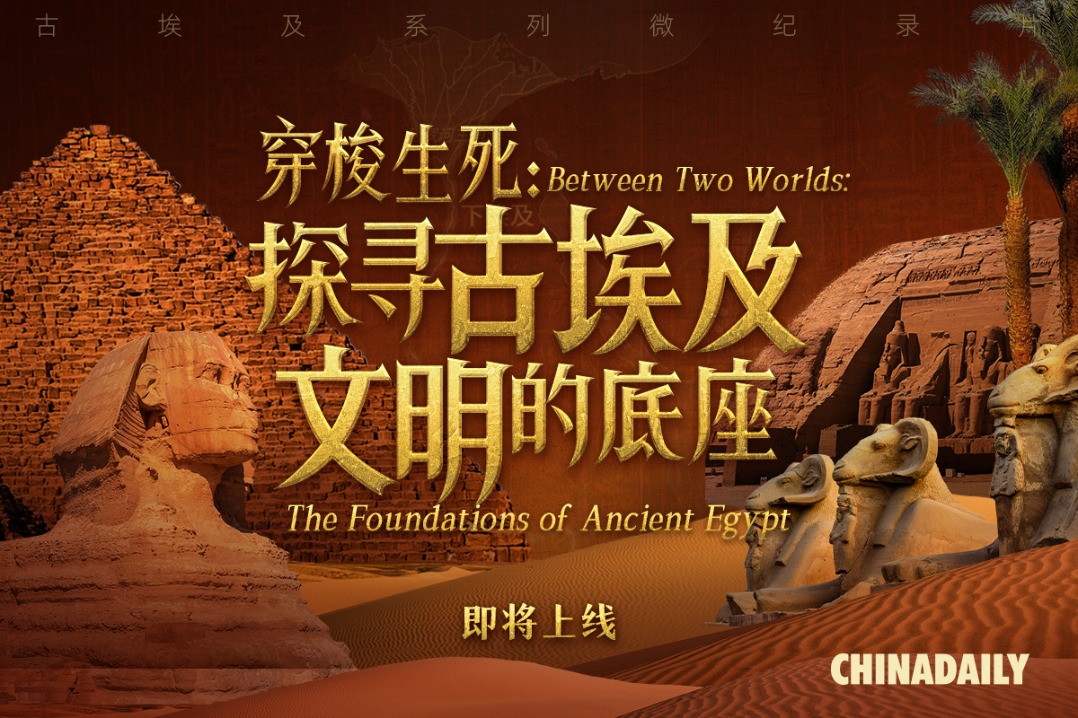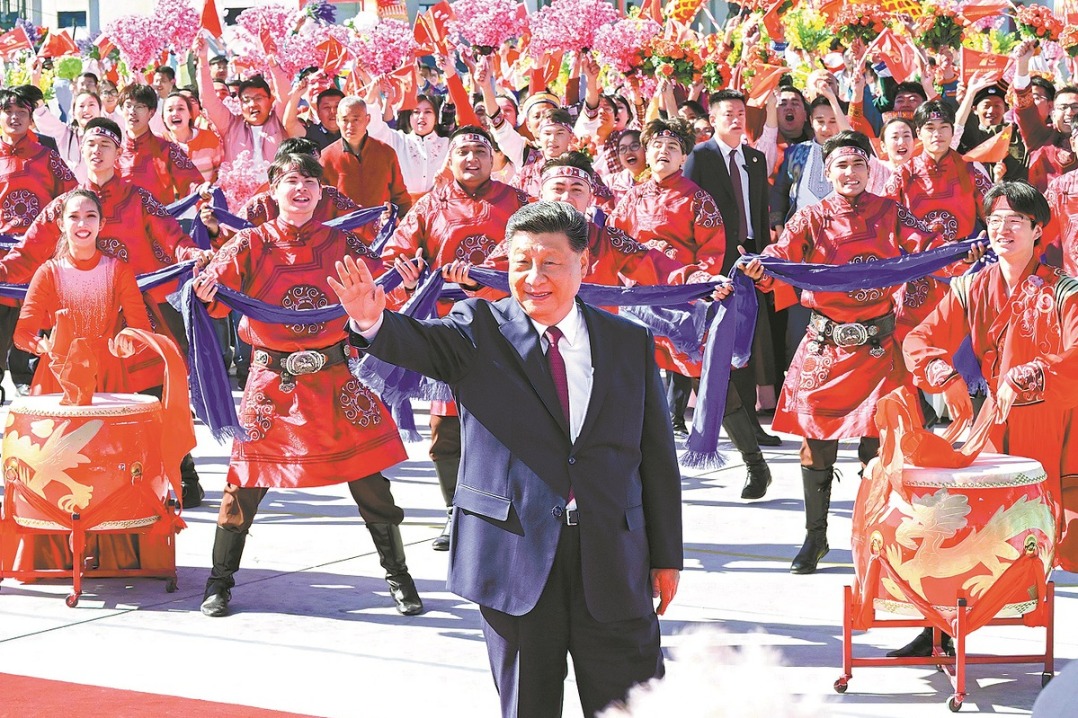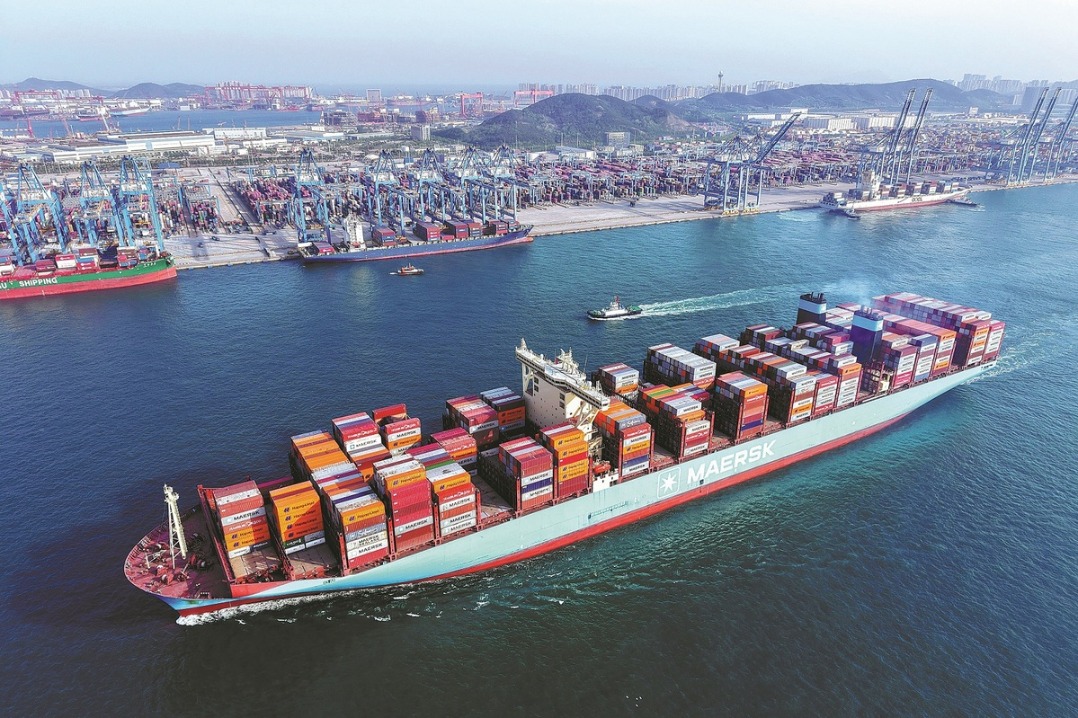Open-arms approach serves common interests


Apart from a series of economic and trade cooperation projects, New Zealand Prime Minister Christopher Luxon's visit to China last week has substantially contributed to cultural and people-to-people exchanges between the two countries.
In a joint outcome statement issued on Friday, the last day of Luxon's four-day visit to China, the two sides reaffirmed the importance of people-to-people exchanges in various fields such as tourism, culture, local government, sports, science and innovation, to bilateral relations. Both sides appreciated the concrete measures taken by the two countries to promote tourism to each other.
New Zealand welcomes China's implementation of a visa-free policy for New Zealand citizens, and China welcomes and appreciates New Zealand's recent announcement to modify its visa settings, adjust operating procedures and facilitate visa applications for Chinese visitors.
Economic collaboration, cultural exchanges and strategic coordination are usually the three pillars of China's relations with other countries.
Yet, the United States' divisive efforts these years to drive a wedge between them and China have to some extent prompted some developed economies to become hesitant about interacting with China in the cultural sector, not to mention the strategic field, which also threatens the stability of their economic and trade relations.
So the New Zealand government's openness to encourage cultural and people-to-people exchanges with China was really an eye-catching point of Luxon's visit. Deepening cultural exchanges and cooperation can help deepen the mutual understanding of the two sides, and also bring about tangible benefits to the two economies and peoples.
In particular, Beijing takes the Luxon government's openness to China as a proof that it is willing to cultivate a rational perception of China, seeing it as a partner not a challenge.
The reason why some developed economies choose to play down the role of cultural and people-to-people exchanges in their relations with China is that they are misled by the "China threat" theory some China-bashers peddle as part of the zero-sum game they pursue to resolve the "China problem". That Cold War mentality is usually accompanied by pushing for decoupling from the Chinese economy.
So the openness the Luxon government has demonstrated at this juncture is valued by Beijing, and is undoubtedly conducive to helping the two sides to deepen their mutual trust and upgrading their cooperation in high-tech sectors related to the green economy, sustainable development and the digital economy in which the potentials have yet to be unleashed.
Before that happens, the immediate interests New Zealand stands to reap from opening its arms to the world's second-largest economy will come from the inflow of Chinese tourists and visitors.
The tourism and New Zealand products promotional events in Beijing and Shanghai that Luxon took part in, showcasing the "100 percent pure" image of the South Pacific island country, be it its natural landscape or its agricultural products, accurately catered to the needs and tastes of Chinese tourists and consumers.
Before the COVID-19 pandemic, China used to be New Zealand's second-largest tourism market. Now it is the third-largest. But the number of Chinese tourists visiting New Zealand is gradually increasing. In the past year, about 250,000 Chinese tourists visited New Zealand, and more importantly their spending there increased by 147 percent year-on-year.
As a former business executive who knows the potential of the Chinese economy, Luxon correctly pointed out that this is good news for New Zealand's economy. But more importantly, it reflects the two countries' deep relationship that will contribute to their joint exploration of new growth points in trade, education, innovation and culture.
It is good to see that New Zealand's tourism authority is working closely with major Chinese online travel platforms and media to promote New Zealand as an ideal tourist destination that combines natural beauty and cultural charms with economic vitality, and try to provide Chinese tourists with a more convenient itinerary planning experience.
As Luxon told the Chinese media, his visit looks set to help further consolidate the relations between the two countries, and markedly strengthen bilateral pragmatic economic and trade cooperation and cultural and people-to-people exchanges in the following months and beyond.


































